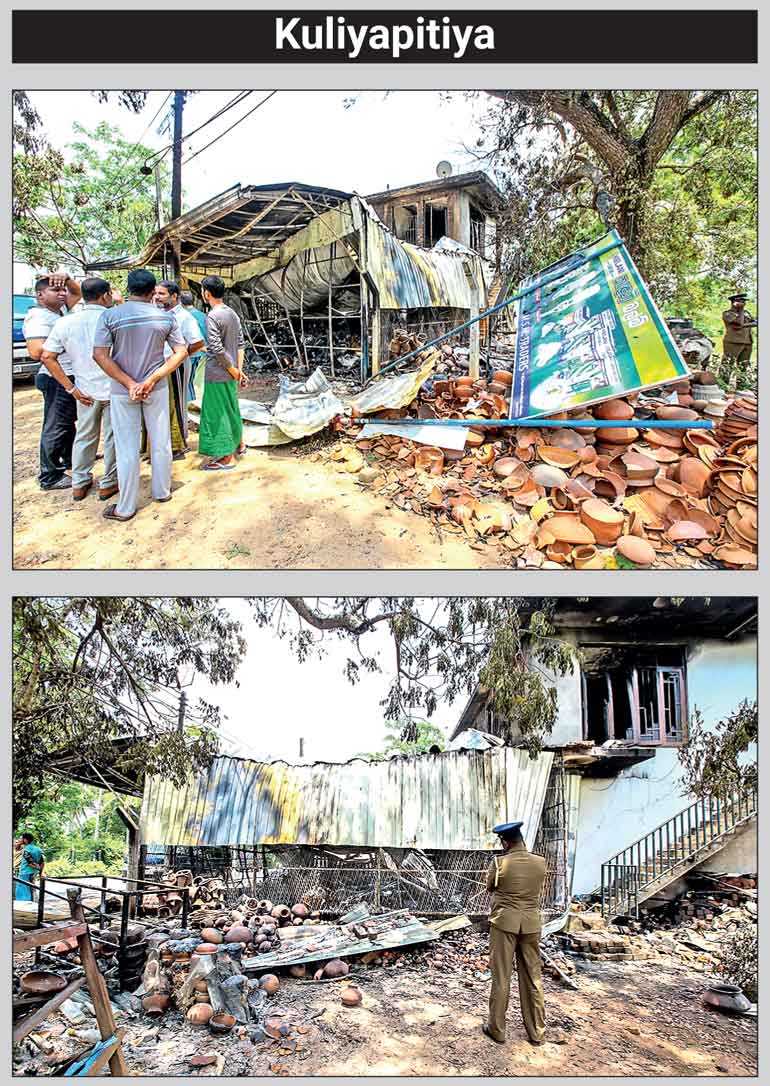Saturday Feb 21, 2026
Saturday Feb 21, 2026
Wednesday, 15 May 2019 03:11 - - {{hitsCtrl.values.hits}}

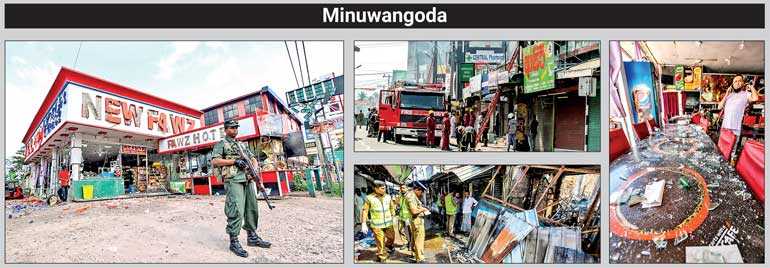
By Chandani Kirinde and Chathuri Dissanayake
Huddled together with her one-year-old grandson, husband and daughter-in-law, Sarah Umma (55) left her fate in God’s hands as mobs stoned their house and set fire to the motorbike in the front patio.
The mobs, over 500 of them, Umma says, took over the winding inner roads of Kottampitiya in the Panduwasnuwara electorate where the Muslim community lived, setting fire to Muslim homes and mosques as families fled for safety during Monday afternoon.
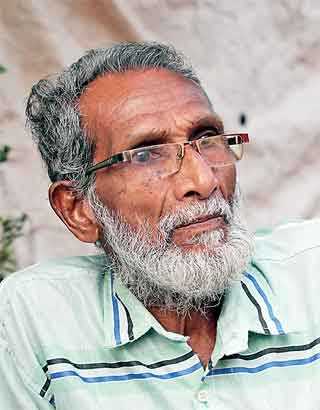 |
Mohomed Hanifa |
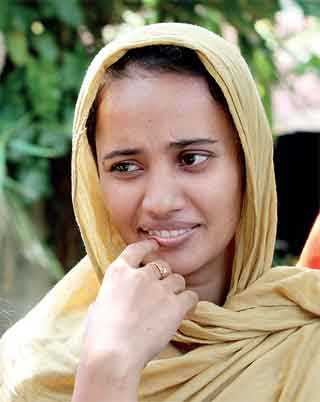 |
M. N. Risana |
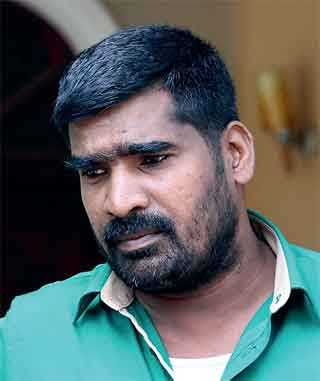 |
M. R. Ibrahim |
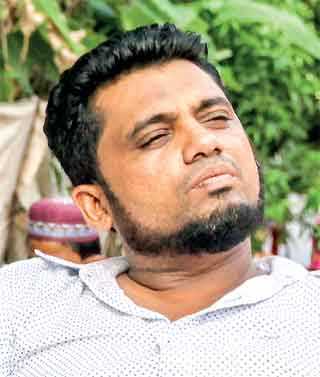 |
Mohomed Ibrahim |
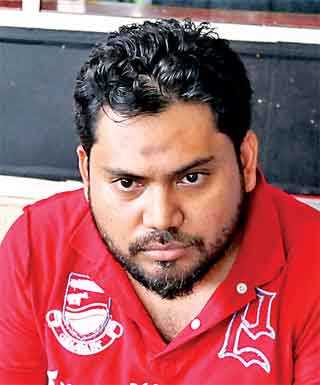 |
New Fawaz Hotel owner Thuwan Iffan Isham |
Umma and her family had nowhere to go as mobs came from both sides of roads, so they hid in a passage inside their house to shield from hurling stones.
“I told my daughter-in-law to keep feeding the baby as I feared he would make any noise, they kept screaming ‘come out’. Even when the house filled with smoke, we still stayed in,” she says.
It was dawn when they finally came out, after over 16 hours of imprisonment in their own house.
The mob also attacked Umma’s son, who attempted to get to his family when violence broke. He ran for safety and hid in a neighbour’s house.
Curfew meant nothing
Unable to control the escalating violence throughout the North-Western Province, attacking pockets of Muslim communities living in predominantly Sinhala areas, the Government imposed curfew on the entire area, which was only lifted for two hours on Tuesday evening. However, the police curfew meant nothing to the mobs, and they roamed free as Muslim families fled their homes fearing for their lives.
At least two mosques as well as a madrasa were torched by the mob on Monday afternoon, with many villagers alleging that they went around with impunity, as police personnel, heavily outnumbered by the gangs, looked on.
“We talk of making this country a Singapore but we can never do that as long as all communities don’t work together. Instead of Singapore, what we will end up as is like Ethiopia, a fractured and destitute country,” says Mustapha Raufer Ibrahim, from Kottampitiya, Panduwasnuwara.
“All we want now is security,” says M. N. Risna (24), who spent a sleepless night running from one house to another with her child on her back along with 40 other women and children.
“I told my daughter in law to keep feeding the baby as I feared he would make any noise, they kept screaming ‘come out’. Even when the house filled with smoke, we still stayed in,” says Sarah Umma (55).
“All we want now is security,” says M. N. Risna (24), who spent a sleepless night running from one house to another with her child on her back, along with 40 other women and children. They didn’t know where the enemy was coming from; when one shouted a warning, the whole group would run in the other direction.
“We didn’t know where to run, this was the second night we spent in uncertainty, we have not had food to eat, all we have left now are our children,” says Risna.
Most in Risna’s community work in the informal sector, with many running small shops or driving three-wheelers for hire. Things have been bad since the 21 April Easter Sunday attacks, but took a turn for the worst on Monday evening as they sat down to break fast, with a man shouting for them to run to safety, warning of approaching mobs.
In Minuwangoda, too, the situation was no different. Over 40 shops of varying scale have been attacked and burnt to the ground. Last morning, Police Crime Scene officers were busy photographing and recording statements from shop owners and assessing the damage.
In New Fawaz, the 24-hour eatery popular with frequent travellers on Katunayake road in Minuwangoda, the mob looted the cashier, trashed the food displays, and smashed all windows and glass panels in the restaurant as the owners watched, hidden behind bushes in the nearby paddy field.
“They came for our shop three times, first when we had gone for Iftar, and twice late,” Thuwan Iffam Isham, co-owner of the shop laments. Thuwan runs the restaurant with his brother, whose son was at the cashier when the first attack happened. The son sustained injuries from broken glass, he says.
Seated in the middle of the trashed shop with broken glass and food strewn all over, he is determined to build back.
“We had about 25 employees, with a majority of Sinhala men working for us. Some have been there for over a decade, and their families depend on their jobs, so we have to pay them salaries,” he says.
Ineffective security
The Government announced a compensation package for those affected. Prime Minister Ranil Wickremesinghe visited areas affected by violence in the Kuliyapitiya area, including Hettipola, and reiterated the Government’s commitment to assist the victims when he met with them yesterday. He held a meeting with Government officials at the Government Agent’s office, to discuss ways to attend to the urgent needs of the people.
“The terrorists disrupted the Easter celebrations, and now this group is trying to disrupt the Vesak celebrations,” the Prime Minister said while speaking in Kuliyapitiya. He said the armed forces and police have been given full powers to deal with any disruptions to law and order. “We cannot allow these people to hurt innocent people and disrupt Vesak celebrations. The necessary security measures have been put in place, and I appeal to the people to fully cooperate with them.”
Sri Lanka Muslim Congress (SLMC) Leader Minister Rauff Hakeem was among those who visited the affected areas to hear the woes of those in despair after the mob attacks.
In the village of Kottampitiya in the Panduwasnuwara Electorate, he met a group of villagers, many of who had their houses burnt or badly damaged in Monday’s violence.
“It is unfortunate we hear the same old stories about outside gangs, together with those from surrounding villages, coming in and causing harm and anarchy in this area. They say they know some of these suspects, and lodged a complaint against them about a week ago, but were forced to withdraw the complaint as they threatened to destroy the entire village,” Hakeem said.
He said the police have assured that they will apprehend the suspects, but in the meantime it is important to ensure that this anarchy does not continue and is contained. “We must get back to normalcy as soon as possible,” he added.
The communities, however, have no faith in the police or security forces to provide them protection. Many victims in Nattandiya believe the police didn’t do their duty when the mobs attacked on Monday night.
“We held our ground for over two hours, but then the police shot in the air and dispersed us. The mobs came behind them and attacked our houses,” says Salim Mohamed Nisper, brother of M.S. Fouzul Ameen (49), who died of injuries sustained in the mob attack.
“They even attacked when the army watched,” he says.
A disheartened community
There are no customers in shops and no hires for three-wheelers, says Mustapha Raufer Ibrahim (42), father of three.
“We run hires for the community here, who are majority Sinhala, and that has dropped to nothing since the attack, as many don’t want to travel in our three-wheelers,” says Ibrahim, who stood guard in front of his house.
For Ibrahim and many others, seeing fellow villagers turn against them in a time when they, along with all other communities in the country, are affected by the Easter Sunday terrorist attacks, is particularly hard to come to terms with.
“We talk of making this country a Singapore, but we can never do that as long as all communities don’t work together. Instead of Singapore, what we will end up as is like Ethiopia, a fractured and destitute country,” says Ibrahim.
Pix by Chamila Karunarathne
